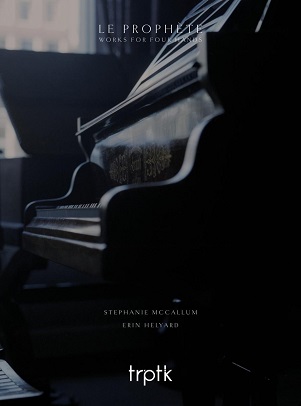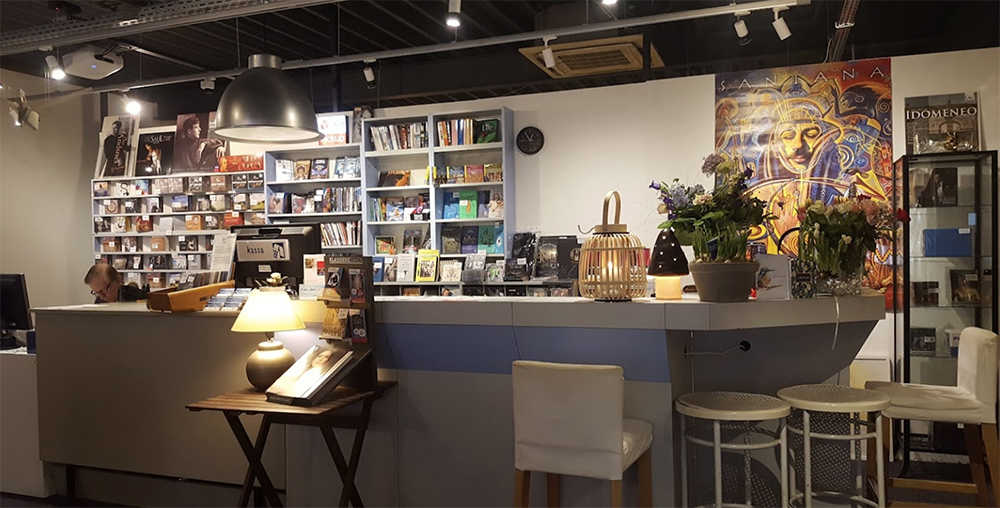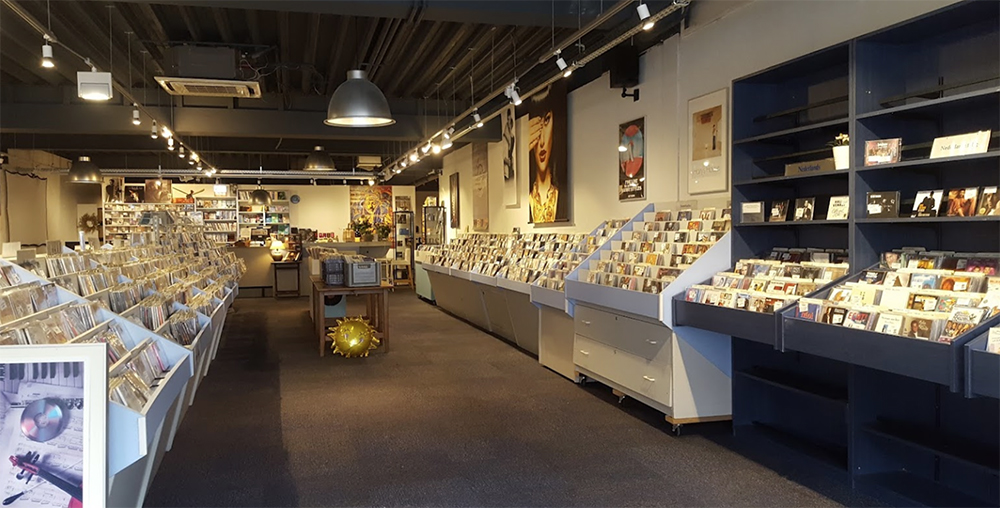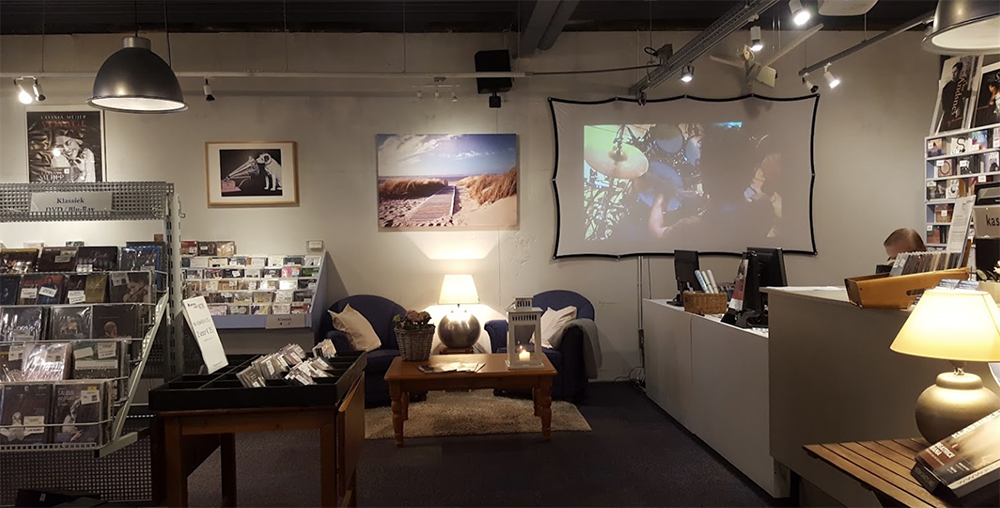U vond niet wat u zocht op deze website?
Neem dan zeker een kijkje op CDenDVD.nl: onze uitgebreidere website biedt meer dan 250.000 bestelbare artikelen aan.
- 8 Ball music (3)
- A-film (40)
- Accent (45)
- Alpha (448)
- Analekta (11)
- Aparte music (14)
- Arcana (115)
- Ariola (8)
- Arista (9)
- BBC legends (21)
- Berlin classics (16)
- BIS (1714)
- BNN vara (1)
- BR-klassik (114)
- Bridge (29)
- Brilliant classics (312)
- Buenavista (38)
- Carpe diem records (2)
- CBS records (17)
- Challenge (40)
- Chandos (217)
- Channel classics (165)
- Chateau De Versailles (90)
- CNR (17)
- Columbia (46)
- Columbia pictures (7)
- Columbia tristar (15)
- Concord records (2)
- CPO (100)
- Decca (102)
- Deutsche grammophon (173)
- DFW (93)
- Dino music (8)
- Document (1)
- Dog eat dog productions (2)
- East West records (3)
- ECM (268)
- Eigen beheer (26)
- EMI (128)
- Entertainment one (28)
- Epic (13)
- Erato (54)
- Etcetera records (309)
- Fidelio classics (2)
- Force music (2)
- Foreign media music (2)
- Fox film (41)
- Fuga libera (40)
- Gimell Records (24)
- Gingerman bread records (2)
- Glossa (109)
- Harmonia mundi (241)
- Helios (66)
- Homerun records (1)
- House of knowledge (8)
- Hyperion (749)
- Indisc (1)
- Jingo (5)
- Linn records (90)
- Maxell (2)
- MDG (74)
- Mediarange (3)
- Mercury records (28)
- Modestus (1)
- Naxos (839)
- Newton classics (74)
- Ondine (105)
- Orange Mountain Music (40)
- Orchid classics (19)
- Pan Classics (19)
- Paradiso (21)
- Paramount (21)
- Parlophone records (24)
- Pentatone (275)
- PHI (36)
- Philips (34)
- Piano classics (15)
- Polydor (31)
- Ramee (32)
- RCA (43)
- RCV (76)
- Signum classics (62)
- Smekkleysa (1)
- Sony bmg (2)
- Sony classical (76)
- Sony music (140)
- Sony pictures (45)
- Studio 100 (5)
- Supraphon (46)
- Syco music (4)
- Tacet (90)
- Topaz records (1)
- Trptk (24)
- Universal music (136)
- Universal pictures (67)
- Virgin (39)
- Vivat (4)
- Warner bros (91)
- Warner music (46)
- Weton wesgram (6)
- Zefir records (4)

LE PROPHETE: WORKS FOR FOUR HANDS
STEPHANIE McCALLUM / ERIN HELYARD
CD
1 disc(s) 01-01-2017
Solo / Concerten
Verwachte levertijd (in NL): 1 - 3 werkdagen

| Staat: | Nieuw |
|---|---|
| Extra info: | C.V. ALKAN/ MEYERBEER / MOSCHELES |
| Maatschappij: | Eigen beheer |
| Label: | Trptk |
| Barcode: | 7103652523804 |
| Suffix - prefix: | 5 TTK |
Stephanie McCallum & Erin Helyard (pianos)
The only way to listen to the latest symphony or opera in the nineteenth century was to either seek out a live performance or perform it at home with a piano partner, à quatre mains. Thus, an enormous amount of four-hand literature abounds from the 1820s to the 1930s.
Works in transcription largely dominate this repertoire: operas, symphonies, and chamber works were adapted en masse for four hands by skilled and not so skilled musicians alike. But there were also works freshly composed in the medium, and four-handed playing could be heard in the home (its natural environment) but also on the relatively new environment of the concert stage.
The ubiquity and popularity of the four- handed format meant that it crossed national, social, and economic boundaries. As such, the piano duet was a powerful cultural site in which anxieties about gender, nationality, labour, and pleasure were writ large. Adrian Daub in Four- Handed Monsters: Four-Hand Piano Playing and Nineteenth-Century Culture has brilliantly surveyed nineteenth-century and early twentieth-century novels for traces of how the piano duet interacted with those who played and listened to them. Daub argues on the strength of a rich and provocative bed of primary literature that four-hand piano playing theatricalised nineteenth-century issues of subjectivity, community, eroticism, nationalism, and consumerism.
One of the most compelling arguments in Four-Handed Monsters is Daub’s exploration of how four-hands music had a particular and especial relationship to consumption and commodification. Certainly, as the “proto-CD of nineteenth- century domestic culture,” four-hand music was mass-produced and consumed eagerly. The nineteen-year-old Friedrich Nietzsche’s Christmas wish- list in 1863, for instance, reads “(1) The Grand Duo by F. Schubert, arranged for four hands; (2) Düntzer’s edition of Goethe’s lyric poems.” Four-handed music and its performance was undoubtedly one of the important and influential components of nineteenth-century transnational musical culture. One would argue that it could be considered the most pervasive and important, by dint of its widespread agency.
Alkan:
9 Préludes, Op. 66 (1867) (arr. Jose Vianna da Motta 1906)
Meyerbeer:
Le Prophète Ouverture (ca. 1850) (arr. Charles-Valentin Alkan)
Moscheles:
Hommage à Weber, Op. 102 (1842)






